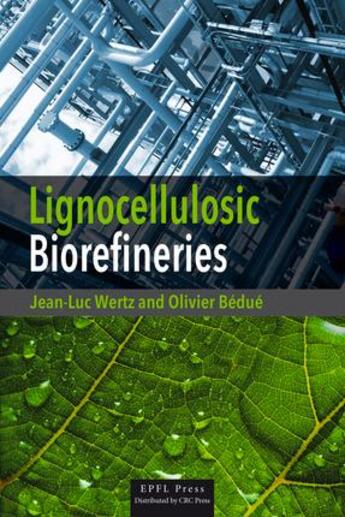-
Date de parution : 28/06/2013
-
Editeur :
Ppur
-
EAN : 9782940222681
-
Série :
(-)
-
Support :
Papier
Résumé:
One of the great technological issues of this 21st century involves the effort of man to man- age climate change through the reduction of fossil-fuel consumption. Part of this plan calls for the gradually replacement of petroleum refineries with biorefineries that use biomass as its renewable... Voir plus
One of the great technological issues of this 21st century involves the effort of man to man- age climate change through the reduction of fossil-fuel consumption. Part of this plan calls for the gradually replacement of petroleum refineries with biorefineries that use biomass as its renewable feedstock. Lignocellulosic biomass represents a huge potential reservoir for the production of renewable energy, chemicals and materials, which could have a significant impact in our society's efforts to manage greenhouse gas emissions while reducing petro- leum consumption. The book describes the current status, development, and future prospects for the critical technology of second-generation biorefineries, specifically with a focus on lignocellulosic materials as feedstock.
The book will primarily serve scientists and engineers in chemistry and biochemistry, working both in academia and in industry. But with its careful development of the main points, and many dozens of color illustrations, it is also accessible to a broader public, such as policy makers and students.
Donner votre avis















